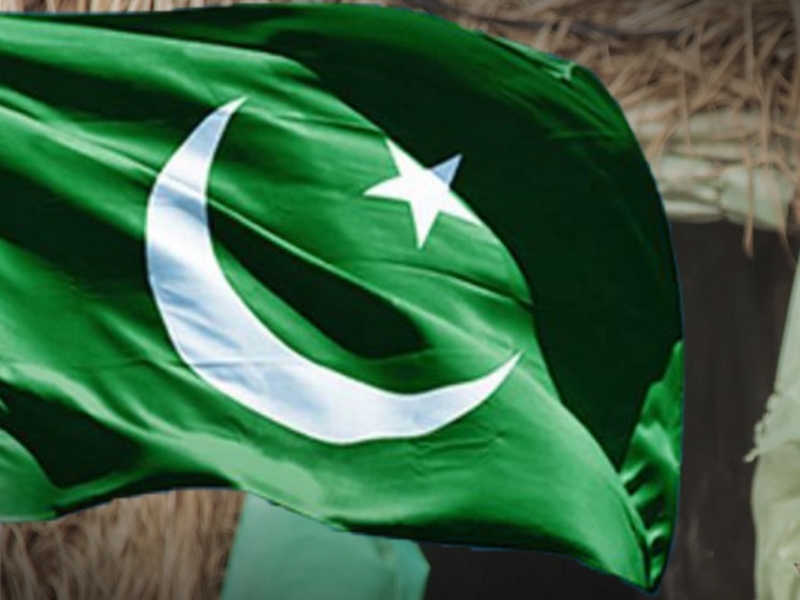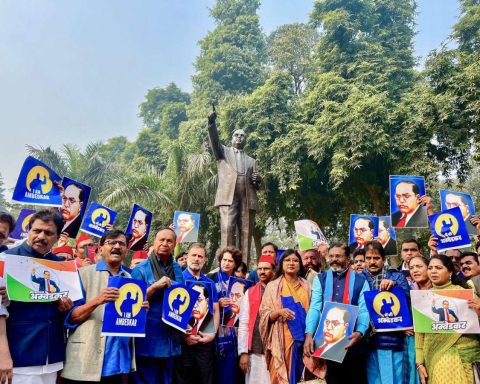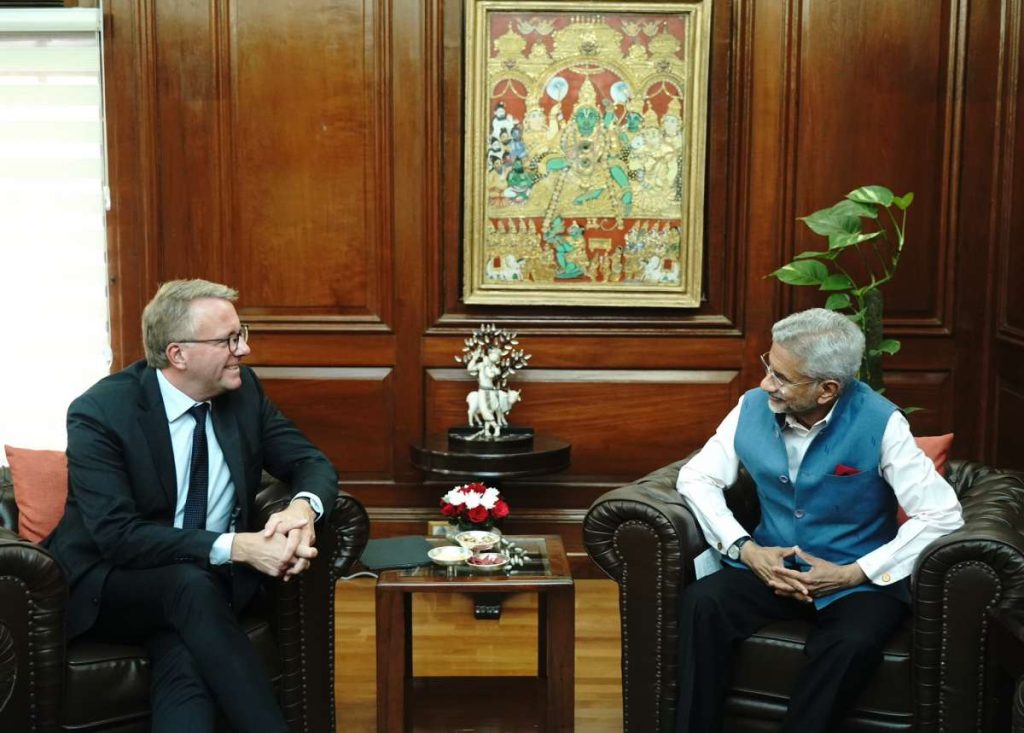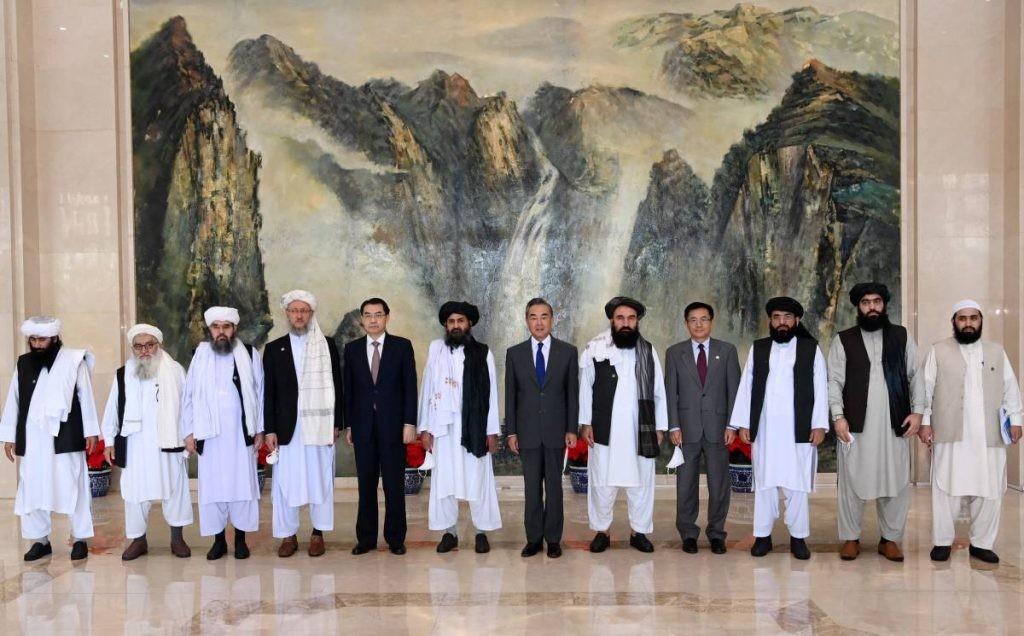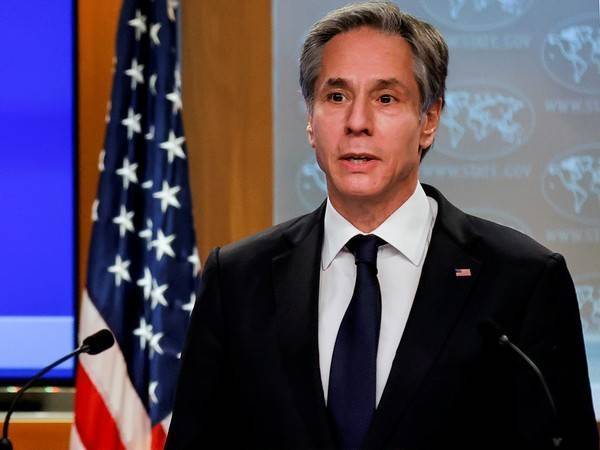The influence of Pakistan on the Afghan political scenario has always far exceeded that of any other foreign power. The massive role that Pakistan has played throughout in ensuring a constant state of chaos and disruption to fill its coffers is well evident through its (again, not so) coveted action of arranging funding for the Taliban, writes Dr Sakariya Kareem
Over the last many decades, Pakistan has been involved in managing a two-face where it is bound to join the international coalition against terrorism, but at the same time (not so) covertly supports the terrorist activities and wars in its neighborhood. Moreover, Pakistan has not used wars only to support its political agenda but has also shown vicious rent-seeking behavior to benefit its economy by supporting the war. A clear and unfortunate example of the same is Afghanistan, where Pakistan has been fuelling its economy at the cost of the war-torn nation.
The influence of Pakistan on the Afghan political scenario has always far exceeded that of any other foreign power. The massive role that Pakistan has played throughout in ensuring a constant state of chaos and disruption to fill its coffers is well evident through its (again, not so) coveted action of arranging funding for the Taliban. It has also been financially supporting the Taliban’s activities in Afghanistan, along with diplomatic assistance to their missions. The support has not just been financial but also extended to the capacity-building of the militia. Pakistan has been involved in providing training and recruitment of resources to the Taliban to inflict terror and perpetuate war in the region.
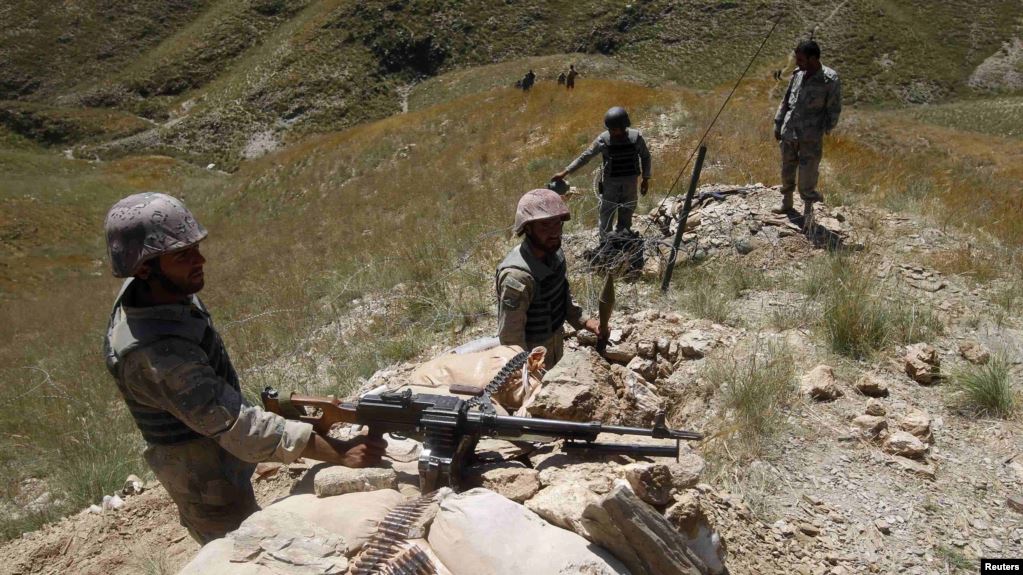
Pakistani military has been a major beneficiary of the conflict in the region. For long, the smuggling business between the two has worked as a symbiotic economic relationship between the Taliban and the Pakistan army, characterized by smuggling of goods from Pakistan to Afghanistan. Moreover, there has been evidence produced by Human Rights Watch that how Pakistan military advisers have been involved in ensuring the effectiveness of the military operations of the Taliban on the battlefield.
Historically, it has been of interest for Pakistan to ensure a state of chaos in Afghanistan for several reasons. One reason stems from the colonial past, with the conflict about the Durand Line, resulting in the erstwhile Afghan governments’ refusal to accept the border and demand for Pashtun territories. Secondly, the rise of the Taliban was unacceptable to India, eliminating the chances of amicability between formal Afghan governments and India, which added to the reasons for Pakistan to support the Taliban for its border security, again at the cost of the Afghani population.
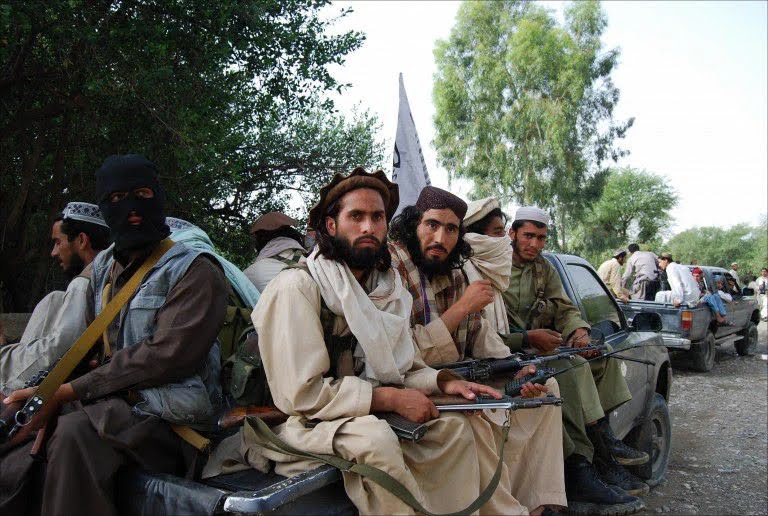
Pakistan has been preying on Afghanistan for procuring resources for running its own economy for decades. During the Cold War era, Pakistan’s economy was faltering due to oil price shock, crop failure, floods, and curtailment of aid from the West. At that time, Pakistan found avenues through its involvement in the war in Afghanistan to earn revenues. In 1979, it got involved in a proxy war against the USSR invasion of Afghanistan, reaping economic support from the USA and Saudi Arabia. Thus, the assembly-line production of mujahideens became an important economic activity for Pakistan, for which it was well-compensated, eventually helping Islamabad to pull the economy out of a slump.
The terrorist production factory of Pakistan got further impetus during the 1979 Islamic revolution in Iran. In order to ensure a stronger disposition for Sunni Muslims in Pakistan in the wake of Iran’s revolution, Saudi Arabia gave massive funding to Islamabad. This led to a cultural change as well in Pakistan, through increased radicalization via education, ensuring continuous supply, and a “reserve army of terrorists.”
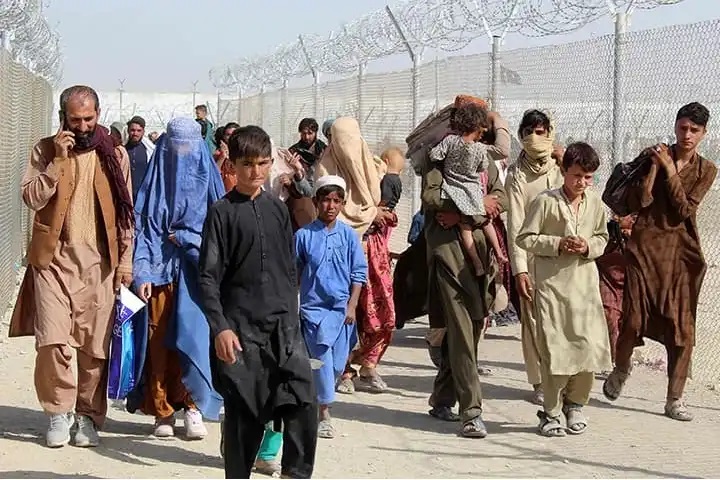
Cut to the 2000s, in the backdrop of 9/11 and the US’s global war on terror, Pakistan received massive compensation of US$62.2 billion from the US for providing bases and transit facilities for Afghanistan operations till 2010. However, in late 2018, under the Trump administration, there was a slackening of the relations and funding to Islamabad.
Currently, Pakistan’s economy is staggering and facing its worst economic crisis since independence. The economy, over the last two years, has faced massive floods and has been hard hit by inflation, along with the burden of a pandemic. The IMF, with many stringent conditions, has agreed to provide a $7 billion bailout package to Pakistan. However, many experts fear that the bailout package will not ensure sustainable growth of the economy if measures are not taken to stabilize the economy. Moreover, given the exceptional record of Pakistan, of maintaining a parasitic relationship with its poor neighbour, experts opine that Islamabad is looking for yet another sadistic-strategic move into Afghanistan with the re-rise of Taliban after 2021. However, the IMF funding, fear of FATF and global opposition to the Afghan Taliban are major barriers to Islamabad’s possible intentions to unscrupulously support its crumbling economy.
The recent Pakistan airstrikes in Afghanistan are a result of months of tensions between the two states. The blame game is on where Pakistan warns Afghanistan to limit the Tehrik-e Taliban Pakistan’s (TTP) activities, and Afghan Taliban, in return, asks Pak to address their grievances. The strikes backfired against Pakistan. As they alleged, the strikes did not kill any TTP leader, but rather, civilians were murdered.

However, despite the TTP, which threatens Pakistan’s safety, there is no apparent strong motivation in Pakistan to vehemently oppose the Taliban. This may be due to its expectations to limit India’s influence on the Taliban in the future and use the Taliban again as prey for the extraction of quick-fix economic benefits. It is yet to see when and how Pakistan, yet again executes its economic parasitic policies towards Afghanistan.
